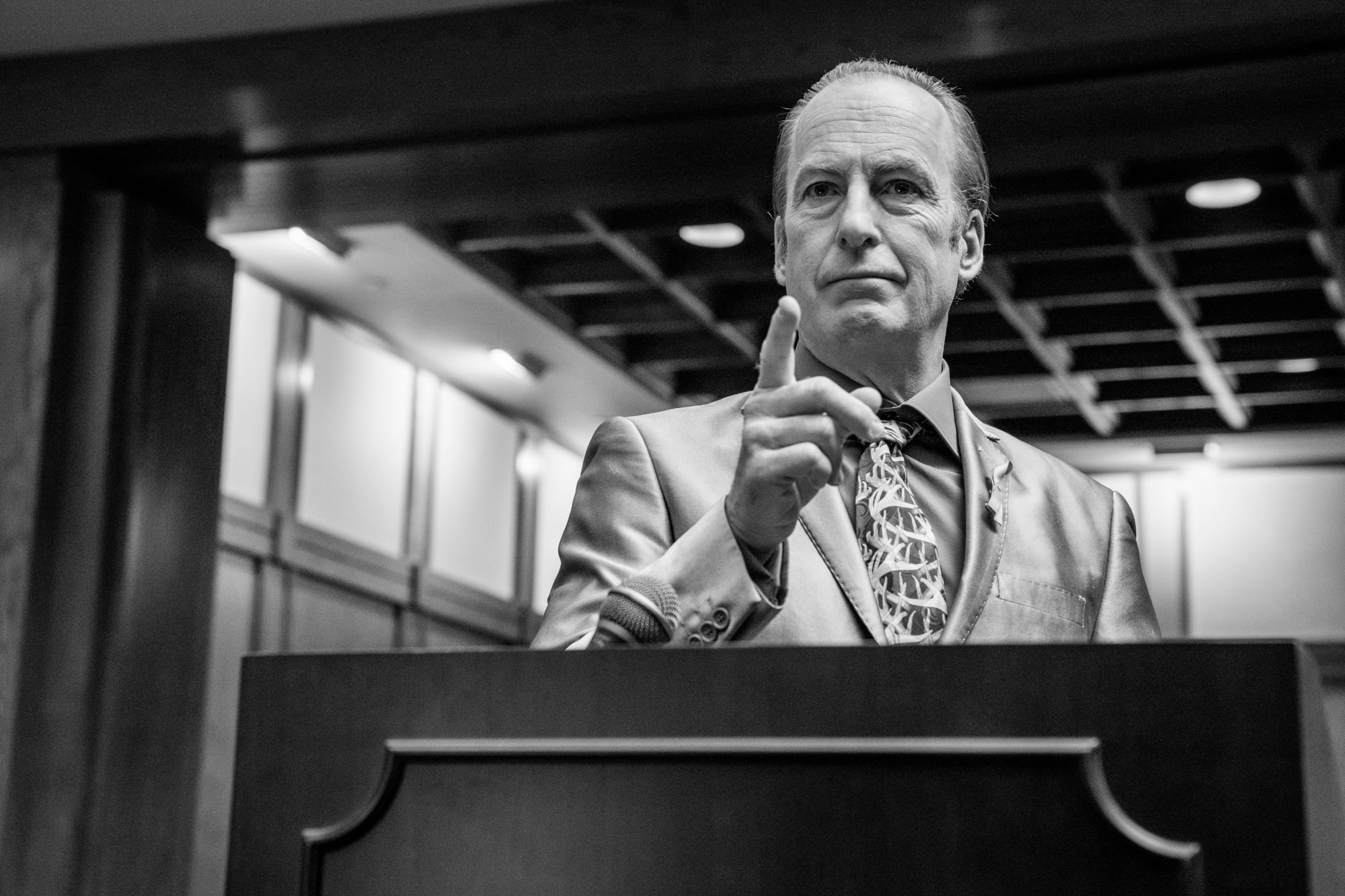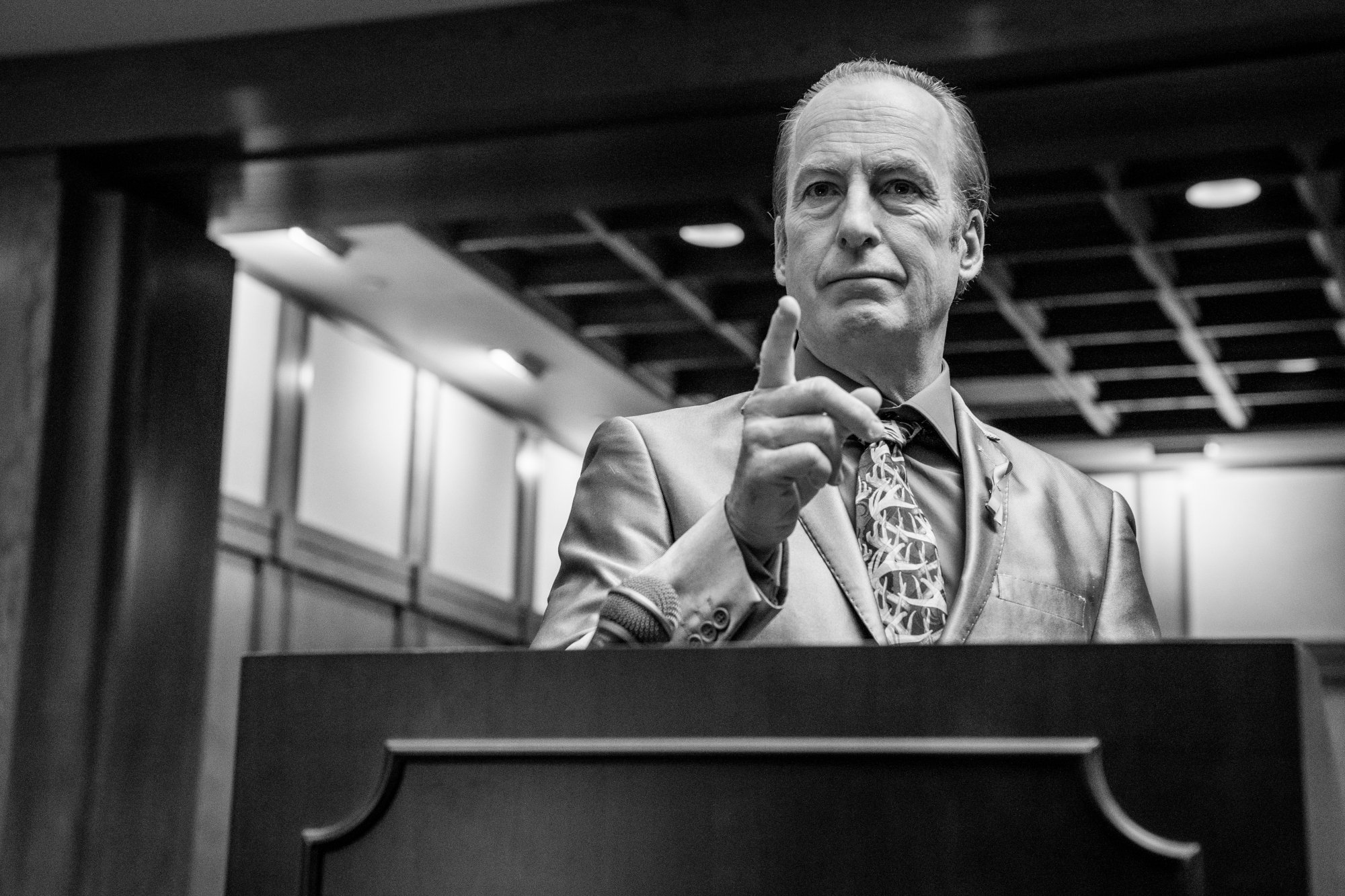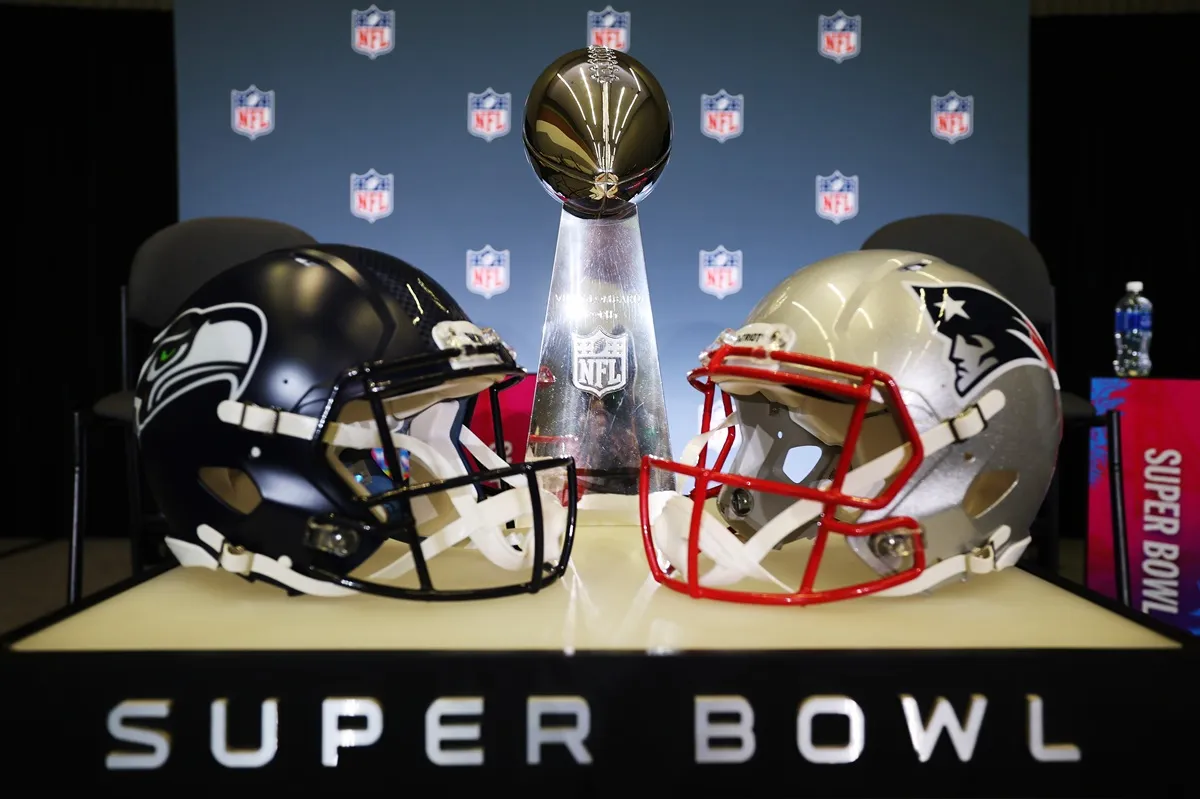
‘Better Call Saul’ Season 6 Ending, Explained
[Warning: This article contains spoilers for the ending of Better Call Saul Season 6.]
TL;DR:
- Saul Goodman faces the music during the Better Call Saul Season 6 finale.
- The prequel’s lead owns up to his wrongdoings and reclaim the name Jimmy McGill.
- Jimmy and Kim Wexler share one last moment together, delivering a bittersweet end.

Better Call Saul Season 6 has taken its final bow, bringing the Breaking Bad prequel to a close at long last. In the series finale, Saul Goodman (Bob Odenkirk) reclaims the name Jimmy McGill and finally owns up to his wrongs. But what exactly leads to that point, and how does Saul’s journey compare to Walter White’s (Bryan Cranston)? Here’s everything you need to know about the ending of Better Call Saul Season 6.
‘Better Call Saul’ Season 6 ending, explained
As many anticipated after Marion’s (Carol Burnett) call to the police in Better Call Saul Season 6 Episode 12, the series finale sees Gene Takovic being arrested for his crimes. It doesn’t take long for the cops to find him, and an attempt to contact Best Quality Vacuum ultimately fails — leaving Gene no choice but to admit that he’s Saul Goodman and face the music for what he’s done.
And Saul is initially looking at almost two centuries in prison, a sentence that includes multiple felonies — and ties into the murders of Hank Schrader (Dean Norris) and Steve Gomez (Steven Michael Quezada). The AMC prequel even brings Marie Schrader (Betsy Brandt) in for a cameo, with Hank’s widow pushing for more jail time for Saul Goodman.
However, with the help of Bill Oakley (Peter Diseth), Saul is able to whittle down his sentence impressively. Although he’s representing himself, he uses Bill as an advisory counsel, and the pair manages to reduce punishment down to just seven years.
With that, the ending of Better Call Saul Season 6 could have proven a happy one for Saul Goodman. But upon finding out that Kim Wexler (Rhea Seehorn) confessed, it seems the show’s lead has a change of heart. In an attempt to make things right between them, he eventually takes the credit for his crimes.
Why Saul Goodman chooses to confess and retake his old name
That’s right, the ending of Better Call Saul Season 6 sees Saul Goodman owning up to his crimes — both from the Breaking Bad timeline and even earlier. Not only does he take full credit for the creation of Heisenberg’s drug empire, but he admits his part in Howard’s (Patrick Fabian) and Chuck’s (Michael McKean) deaths.
This earns him a longer sentence than he’d negotiated — 86 years compared to seven — but Saul still chooses to do the right thing. For the most part, it seems like he does this for Kim. He lies to government agents about her involvement in Howard’s death just so she can witness his confession. And after his big speech, Saul tells the judge to call him Jimmy McGill, letting go of his conman persona forever.
It’s not the expected route for the character, but it underscores his feelings for Kim. So, do Jimmy and Kim reunite in the Better Call Saul finale?
Do Jimmy and Kim reunite in the ‘Better Call Saul’ Season 6 finale?
Better Call Saul fans have been wondering if Jimmy and Kim would reunite in the series finale, and the answer is yes. Kim attends the sentencing where Saul makes his confession, hearing the entire speech.
That isn’t the last time the pair sees one another, either. While Jimmy is in prison, Kim uses her old badge to pay him a visit. And although the two don’t exactly resolve things, they share one last cigarette to clear the air. They briefly talk about his sentencing, and the moment is reminiscent of their first scene together.
As Kim leaves the premises, she and Jimmy share one last look. And from behind the prison gates, Jimmy shoots Kim the finger guns she’s become so known for — a beautiful, full-circle ending for the characters.
How the ending compares to the conclusion of ‘Breaking Bad’
So, how does the ending of Better Call Saul compare with the series finale of Breaking Bad? In some ways, they’re similar. Saul admits the real reason for his actions in much the same way Walter does — and both characters share selfish motivations for committing their crimes. Additionally, they both choose to do the right thing in the end, even if it costs them significantly.
Of course, Walter White is killed for saving Jesse Pinkman (Aaron Paul), while Saul gets life in prison. And while Saul’s ending can hardly be called a happy one, it’s not quite as tragic as Walter’s — nor is the build-up as intense. That’s probably more fitting for the character, who never really reaches Heisenberg’s level of cruelty (even if he perpetuates it).
Still, there’s a lot more overlap between Saul Goodman and Heisenberg than fans first noticed, and the ending of Better Call Saul underscores that point. Its focus on regret ties both series and their leads together nicely.


